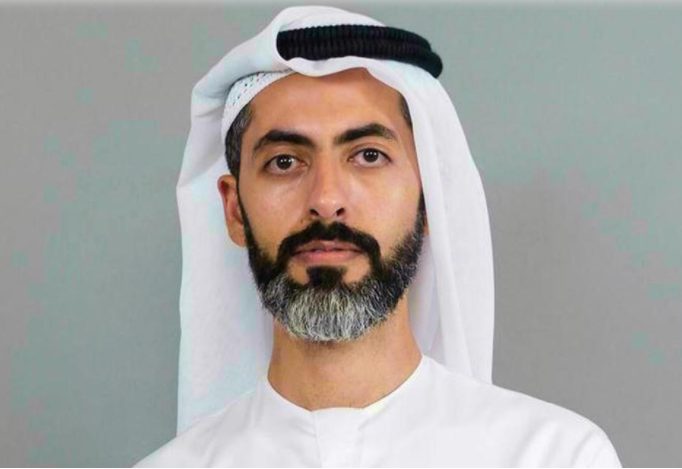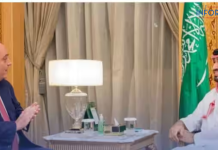BNP Paribas, Natixis and Middle Eastern lenders including Emirates NBD, Emirates Islamic Bank and National Bank of Fujairah have either frozen credit lines or decided to stop dealing with MENA Energy
Several banks are reducing their exposure to Dubai-based oil trader MENA Energy DMCC, as the coronavirus hits commodity businesses and global lenders cut funding.
BNP Paribas, Natixis and Middle Eastern lenders including Emirates NBD, Emirates Islamic Bank and National Bank of Fujairah have either frozen credit lines or decided to stop dealing with MENA Energy in recent months, according to people with knowledge of the situation, who asked not to be identified because the matter is confidential.
All five banks declined to comment. MENA Energy’s chief executive officer, Rashid Al Ghurair, wasn’t available for comment and a spokesperson for the company, which buys and sells products such as gasoline, fuel oil and jet fuel, declined to discuss its financial situation.
Virus lockdowns and travel restrictions caused energy demand to collapse this year. Brent crude has rallied since April, in part because of supply cuts by major producers, but is still down 33 percent to around $44 a barrel.
While some of the world’s biggest oil traders managed to exploit the price volatility and thrive, several others have suffered. Storied Singapore firm Hin Leong (Pte) Ltd has gone bust after confessing to hiding $800 million in losses and selling off inventories meant as collateral on loans, while another UAE trader, GP Global Group, has appointed a restructuring adviser.
Trading companies often rely on short-term credit lines to finance their deals. Any disruption in getting those funds can hurt their ability to complete transactions.
Some of the biggest commodity and trade-finance lenders, including ABN Amro Bank, BNP Paribas and Societe Generale, are pulling back from the sector.
Al Ghurair is a member of one of Dubai’s most influential business families, though he operates MENA Energy independently.
MENA Energy is “reasonably optimistic” about the immediate future of the oil, gas and petrochemicals industry as more countries ease lockdown measures, the spokesperson said. It will “continue to develop and adapt its strategy to deliver long-term sustainable growth.”




